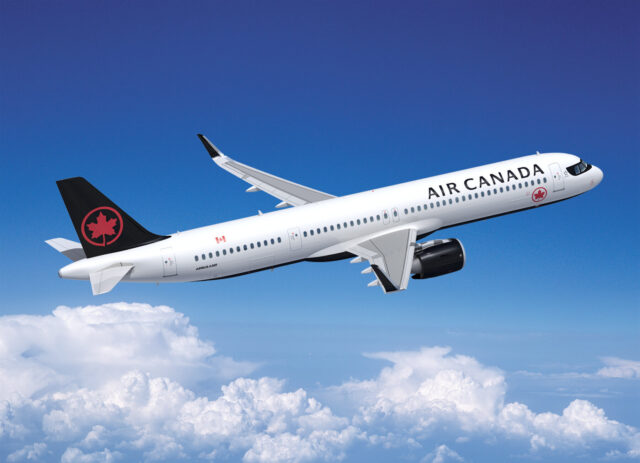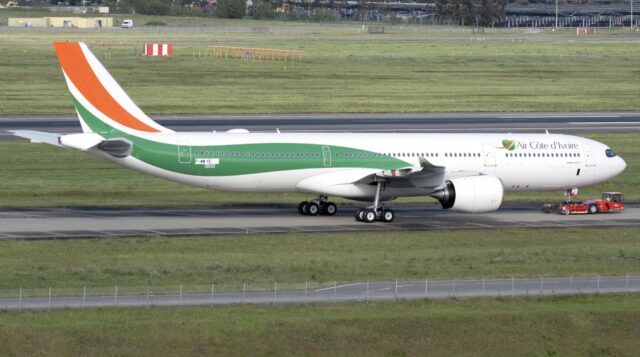Action needed to tackle electromagnetic interference threat to civil aviation, says NATO

May 11, 2025

The NATO Aviation Committee has stepped up its response to the growing threat of GPS jamming and spoofing, warning that deliberate interference with satellite navigation systems is becoming more frequent, more advanced, and increasingly disruptive to civil aviation.
In a statement this week, the committee said it continues to work closely with global aviation bodies – including the International Civil Aviation Organisation (ICAO) and EUROCONTROL – to address the issue, which is having a mounting impact on passenger and cargo flights across several regions.
Acts of interference – such as jamming or feeding false signals to Global Navigation Satellite Systems (GNSS) – can lead to rerouted flights and delays.
According to NATO, both state and non-state actors have been linked to this type of activity.
The Alliance has tracked a rise in these incidents in hotspots such as the Baltic, the Black Sea, and the Eastern Mediterranean.
As the techniques used grow more sophisticated, NATO says the need for robust countermeasures is more urgent than ever: “The NATO Aviation Committee has noted that, as well as happening more often, and across different regions – including in the Baltic, Black Sea and Mediterranean – such interference is increasingly sophisticated.
“This is a cause for concern and warrants further action to make civil aviation more resilient, including by upgrading civil and military mechanisms, deploying ground based infrastructure, developing a more agile reporting and tracking system, and further bolstering cooperation with key international partners to counter GNSS interference.”
As NATO’s top civil-military body on aviation matters, the Aviation Committee advises the North Atlantic Council on all aspects of aviation safety and security in support of the Alliance’s full spectrum of operations. The current focus on GNSS interference comes amid broader concerns about the vulnerability of aviation systems in contested or congested airspace, particularly in light of rising geopolitical tensions.















